Angola
Four people have been killed and more than 500 have been arrested in Angola after a taxi drivers' strike turned into large protests, police said on Tuesday.
A three-day strike was called on Monday in Luanda in response to a government decision in July to raise diesel prices by 30%, resulting in higher taxi fares.
Thousands of people joined the chauffeurs, escalating the strike into the largest anti-government protests in Angola in recent years.
Police used tear gas and smoke grenades against demonstrators, as public buses and private cars were destroyed, and more than 40 stores were vandalised, according to local newspaper Novo Jornal.
The two-day demonstrations also saw clashes between law enforcement and protesters.
Police said on Tuesday that order had been restored in most parts of the city.
"The fuel price issue is just the last straw that has reignited widespread public discontent... People are fed up. Hunger is rife, and the poor are becoming miserable", local activist Laura Macedo told the BBC.
The price increase is part of President João Lourenço's plan to wind down fuel subsidies in the oil-rich nation, spurred on by the IMF.
However, the move has sparked fears that not only fuel but also food prices will rise, as transportation costs are passed on to consumers.
In 2024, the African Development Bank warned that the rising cost of energy, food and other necessities in several African countries, including Angola, could trigger social unrest.
Authorities said that arrests will continue in Luanda in the coming days. "We have official channels for citizens to make reports, whether through social media, at police stations, or via officers on the streets", said Mateus Rodrigues, a spokesperson for Angola's national police.
Similar protests were held against the fuel hikes earlier this month. Human Rights Watch (HRW) had accused the police of using excessive force against a largely peaceful demonstration.
Security forces have often been accused of clamping down on protests in Angola, where the ruling People’s Movement for the Liberation of Angola party has been in power since the country gained independence from Portugal in 1975.
“The police use of excessive force against peaceful protesters is part of broader security force problems in Angola", said Ashwanee Budoo-Scholtz, HRW's deputy Africa director.





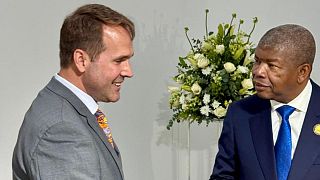

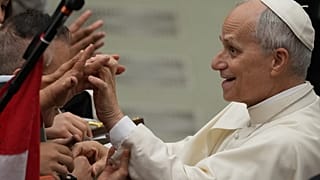
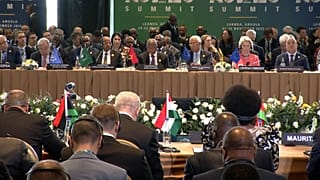
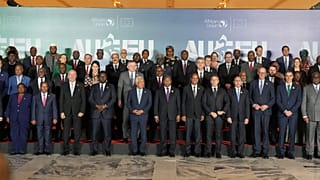

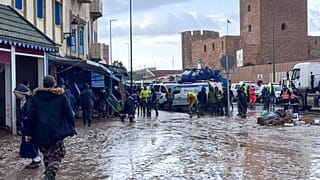
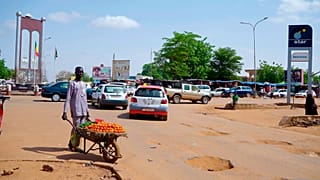
01:01
Uganda: tensions between police and protesters as Museveni leads polls
01:00
Protest in Israel supports Iranian demonstrators after weeks of unrest
01:00
Thousands in Sofia protest for fair elections and government resignation
01:00
Videos of Iran protests spread as internet returns
01:02
Iran: thousands attend mass funerals for killed security forces in Tehran
00:55
Death toll from Iran protests spikes to at least 2,000, activists estimate